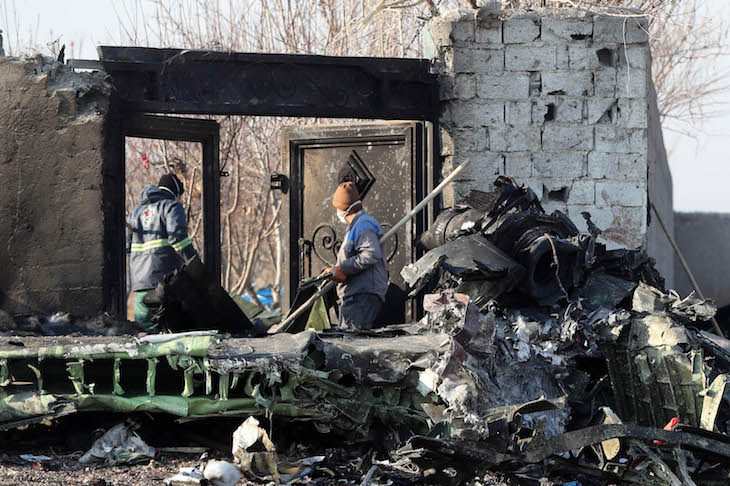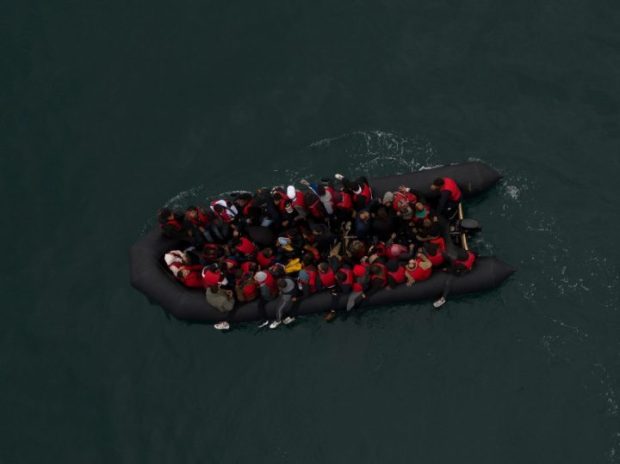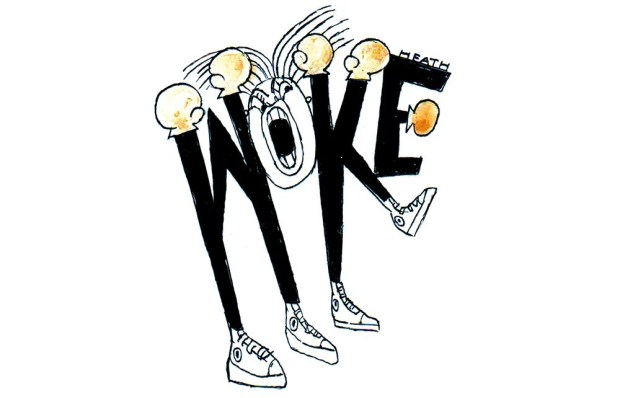Drama and tragedy continue to envelop Iran. Just hours after the regime struck two US bases in Iraq on Wednesday, Ukraine International Airlines flight PS752 crashed after taking off from Tehran en route to Kyiv. All 176 passengers and crew members on board were killed.
Iran almost immediately claimed that the plane had suffered a technical malfunction but this was greeted with scepticism. The aircraft was a Boeing 737-800 – one of the international airline industry’s most widely used and reliable models.
Dozens of Canadians were on board and on Thursday Canadian Prime Minister Justin Trudeau said evidence indicated that an Iranian missile had brought down the aircraft by accident.
Then the American publication Newsweek reported that a Pentagon and Iraqi intelligence official had confirmed that an Iranian anti-aircraft missile system had brought down the plane, almost certainly in error. Iran would have been on high alert for US retaliation following its strike on Washington’s Iraqi bases. What happened, they assessed, was a horrific mistake ending in tragedy.
Soon, US President Donald Trump got involved. ‘I have my suspicions,’ he said. ‘I don’t want to say that because other people have their suspicions also,’ Trump said at the White House when asked what he thought happened to PS752. ‘It was flying in a pretty rough neighbourhood and somebody could have made a mistake. Some people say it was mechanical. I personally don’t think that’s even a question, personally. So we’ll see what happens.’
What happens now is indeed critical. Iran is already under immense international pressure. Trump has called for yet more sanctions on Tehran following the latest crisis between the two countries that kicked off after Washington assassinated Quds Force chief Qasem Soleimani on 3 January. Iran is also facing intense pressure at home as its people riot in the streets, forcing the authorities to butcher them in ever-increasing numbers, which in turn only serves to further enrage the population and destabilize both Iranian civil society and its body politic. It’s a dangerous time for Iran, and for Iranians.
Now Tehran can expect near-universal condemnation. Civilians have died. Trudeau must condemn, unequivocally and without respite. His own people will be watching.
And yet this is not likely to be the catastrophe for Iran that many are predicting. Some commentators have likened the tragedy to the downing of Malaysian Flight MH17, which was shot down over eastern Ukraine in 2014. MH17 was also shot down in error. Ukrainian separatists believed it was a military aircraft and fired on it with a Buk missile supplied by the Russian army. International outrage followed; Russia was condemned on all sides.
But comparing the two episodes is a mistake. If the version of events now being circulated proves to be true then, while the Iranians will have made a horrendous blunder, what they have not done is handed a missile to a terror group, as Russia did. And while Russia did suffer, to a degree, for MH17, it was in end nothing it couldn’t handle.
And of course, Moscow may be in bad odour for much of its behaviour generally but it remains an integral part of what is lazily described as the ‘international order’. Tehran, on the other hand, is the very definition of a rogue state. The scowling face of its leader Ayatollah Ali Khamenei remains for many a shorthand for modern day terror.
Iran is already reviled, ostracised and sanctioned. It is hard to see what can be done in excess of what is already in place. Trudeau may talk tough on Iran but he won’t declare war on it.
That said, 167 civilians are still dead. If Iran were smart it would admit to its error, blame it on a fear of ‘aggressive American imperialism’ (a phrase always guaranteed to get a good hearing in international circles) and then apologise. But past experience indicates that it will deny responsibility. The Islamic Republic doesn’t like to say sorry. So far it has also refused calls to hand over the plane’s black box, which will only make matters worse.
While the situation is not, as some argue (or indeed hope), existential for the regime, the pressure will only increase yet again for Iran. More international condemnation and more isolation will follow and the regime will only become more desperate in turn. A desperate Iran is a dangerous Iran – and that should worry us all. Yet again, it’s another bad day for global stability.
Got something to add? Join the discussion and comment below.
Get 10 issues for just $10
Subscribe to The Spectator Australia today for the next 10 magazine issues, plus full online access, for just $10.




















Comments
Don't miss out
Join the conversation with other Spectator Australia readers. Subscribe to leave a comment.
SUBSCRIBEAlready a subscriber? Log in